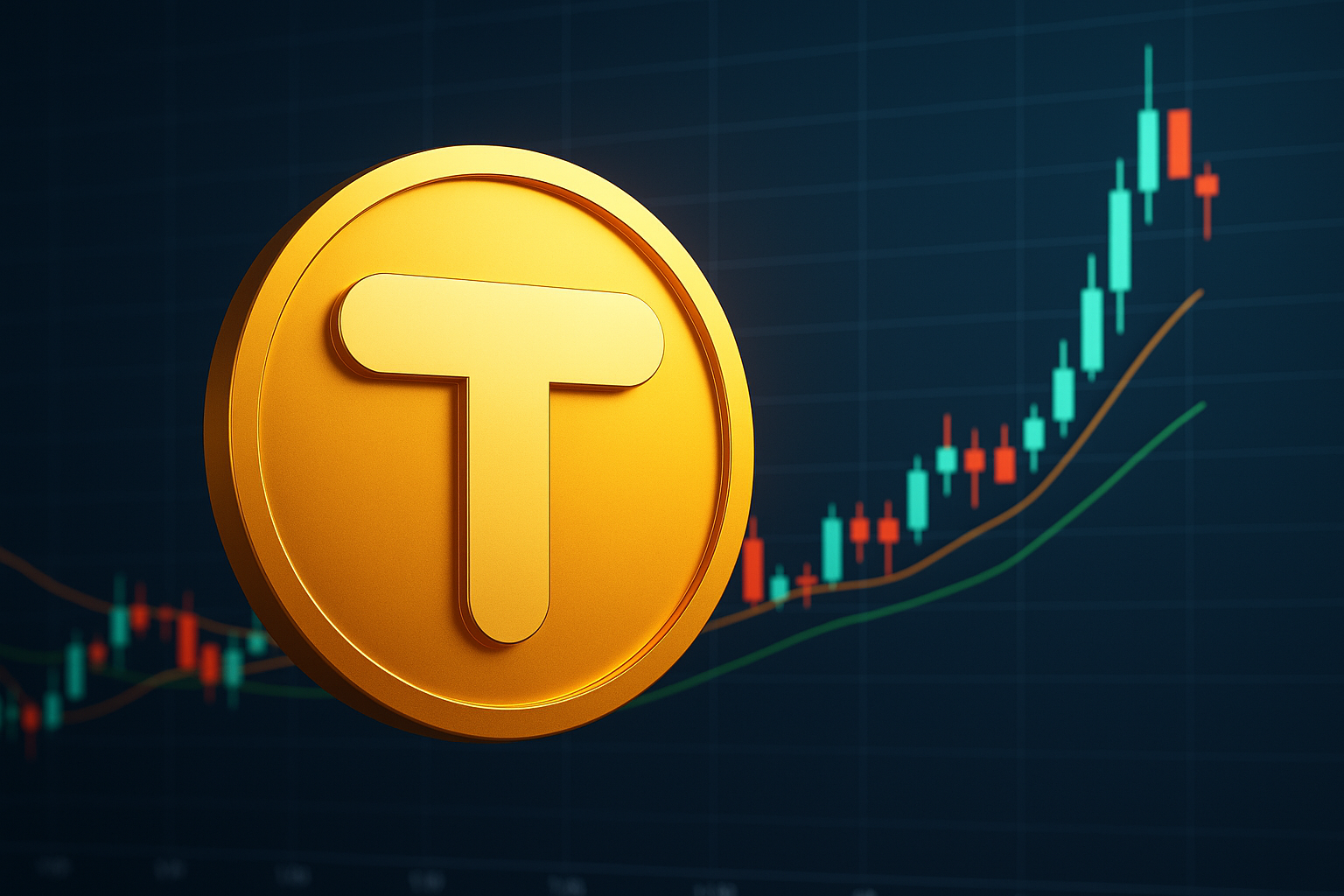Syria, a nation rebuilding after years of conflict and the fall of the Assad regime, is considering a bold financial step: legalizing Bitcoin (BTC). The Syrian Center for Economic Research has proposed this move to tackle inflation, stabilize the economy, and attract foreign investment.
The plan suggests rebuilding Syria’s financial system by digitizing the Syrian pound on a blockchain. This digital currency would be backed by Bitcoin, gold, and U.S. dollars, aiming to provide stability. It also encourages using Syria’s energy resources for Bitcoin mining to boost the economy.
To ensure fairness and sustainability, the proposal includes strict rules for mining and trading to prevent monopolies and protect the environment. It also emphasizes privacy and self-custody, ensuring Syrians have full control over their digital assets.
Addressing Challenges and Misconceptions on Syria Bitcoin Mission
The proposal isn’t without hurdles. Syria’s technical infrastructure is underdeveloped, and the country remains under heavy sanctions. BTC’s decentralized nature might help bypass traditional banking systems, similar to tactics used by sanctioned nations like Iran and North Korea.
However, there’s a need to distinguish this initiative from the misuse of cryptocurrencies by groups like Hay’at Tahrir al-Sham (HTS), which have reportedly used digital currencies for funding. Unlike these factions, the Syrian Center for Economic Research envisions a transparent system under government oversight, designed to benefit all Syrians.
Lessons from Other Nations
Syria can look to examples like El Salvador and the Central African Republic, which have experimented with Bitcoin legalization. While El Salvador has seen some gains, such as increased tourism, it has also faced criticism for economic risks and rising debt.
Syria’s path is even more complex due to geopolitical tensions and a lack of resources. Yet, if the plan succeeds, it could position the country as a leader in cryptocurrency adoption in the Middle East. The stakes are high, and the road ahead is uncertain, but this initiative could mark the start of a new financial chapter for Syria.






